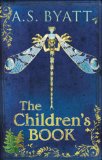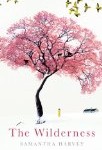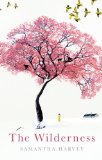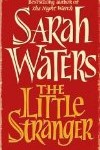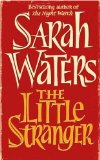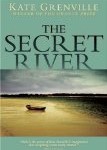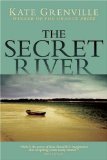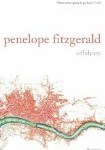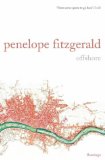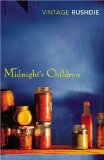
 Winner of the Booker Prize 1981.
Winner of the Booker Prize 1981.
Midnight’s Children tells the story of Saleem Sinai; born at midnight on the day of India’s Independence, he realises that it isn’t just the time of his birth which singles him out from other people. Saleem discovers that all children born between midnight and 1am on this momentous day posses special powers of one form or another. As Saleem was born at midnight, the exact time of Independence, his are stronger than the others. Saleem is able to enter the minds of others, and so brings them all together through meetings in his mind. Describing the plot for this book is very hard, as there are so many tangents and subplots, and I don’t want to give too much away, but the book is much more complex than I can summarise here. It contains many different themes, including the politics, fairy tales and history of India. The BBC launched a competition to summarize the plot in 67 words, some of them were quite good – you can see the best here.
I had a love – hate relationship with this book. For the majority of the time I felt I was battling against the words. The shortage of paragraphs and speech to break up the text meant that it was very dense, and I felt myself becoming lost in all the words. It took an enormous amount of concentration, and often a postcard under each line, just so I could keep track of where I was. Occasionally, the writing would absorb me, and for a few pages I would become completely immersed in the story. It was a very strange experience, as normally I find the writing in a book consistent, but the randomness of how much each page appealed to me was really bizarre.
There were certain aspects of this book which I loved. One of the most interesting sections told of how when alcohol was banned in Bombay, people could obtain small quantities from their doctor if they registered themselves as being an alcoholic. This led to many people claiming to be alcoholics, just so they could have some to drink. It was insights into Indian life like this that I loved reading. Everyday life for people in other cultures fascinates me. I don’t need magic tricks or the ability to fly to make someone special in my eyes.
This book is packed with magical realism, something which I find hard to appreciate. I need to be able to connect with the characters, something which I find very hard to do if they are capable of performing impossible acts, and the plot veers off on weird tangents. One of the other things that I didn’t like was that the narrator begins his story before his birth. He describes events he has never witnessed, and ones he claims to remember while he was just a tiny baby. I know this is just another aspect of magical realism, but for some reason it really bothered me.
The book is filled with symbolism, most of which went over my head. I think this book needs several readings, and probably detailed studying in order to fully appreciate it. I have found this free Spark Notes study guide here, and so will try to read through it, to pick up on a few of the points which I’m sure I missed.
The main problem with this book is that the story line is not linear; it jumps around, and is very difficult to follow at times. The plot is so bizarre in places that I didn’t really understand what was going on, until I read the study guide above!
Overall, I’d recommend this to people who love literary fiction, especially those who love symbolism. I’m pleased that I read it, but it wasn’t an entirely enjoyable experience for me.

Have you read Midnight’s Children? If so, did you enjoy it?
Are you a fan of magical realism?
Would you enjoy a book where a week old baby is explaining what is happening around him?
![]()

